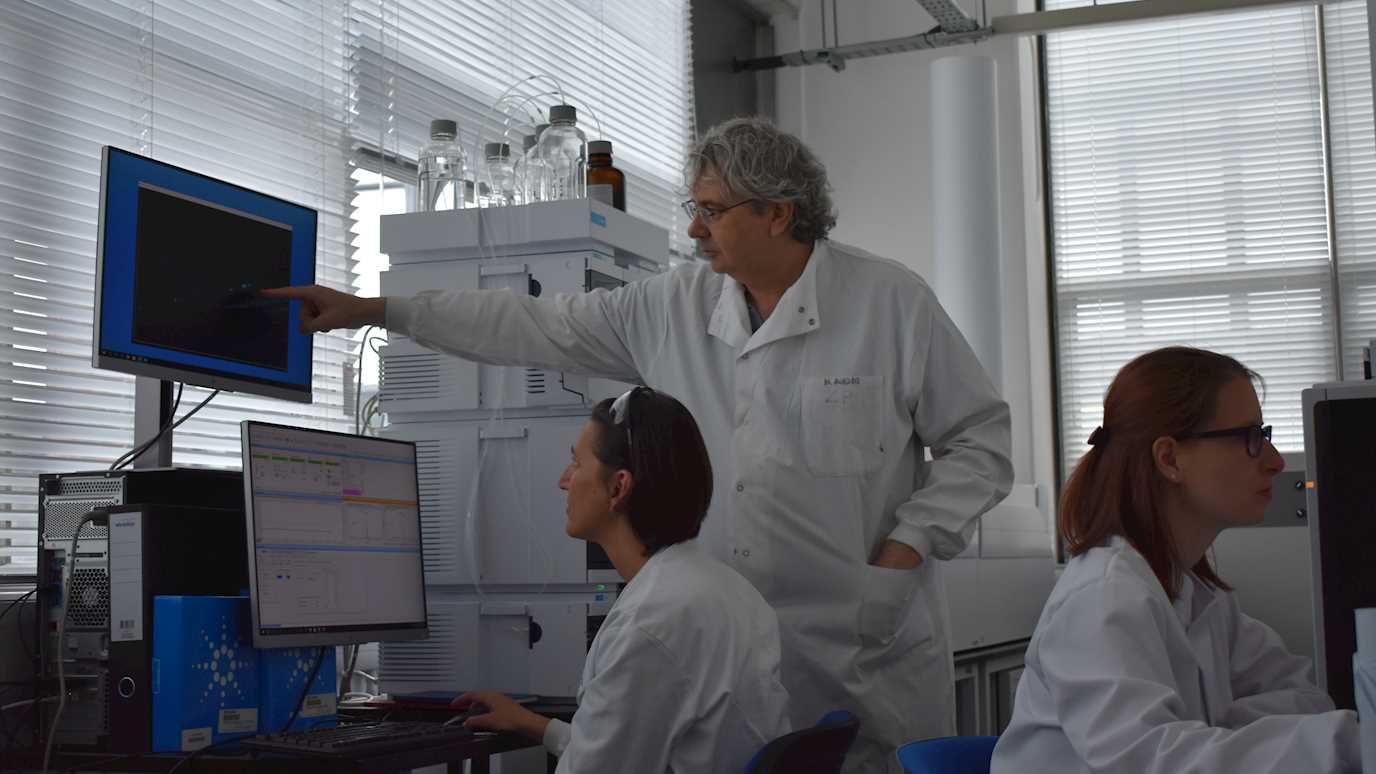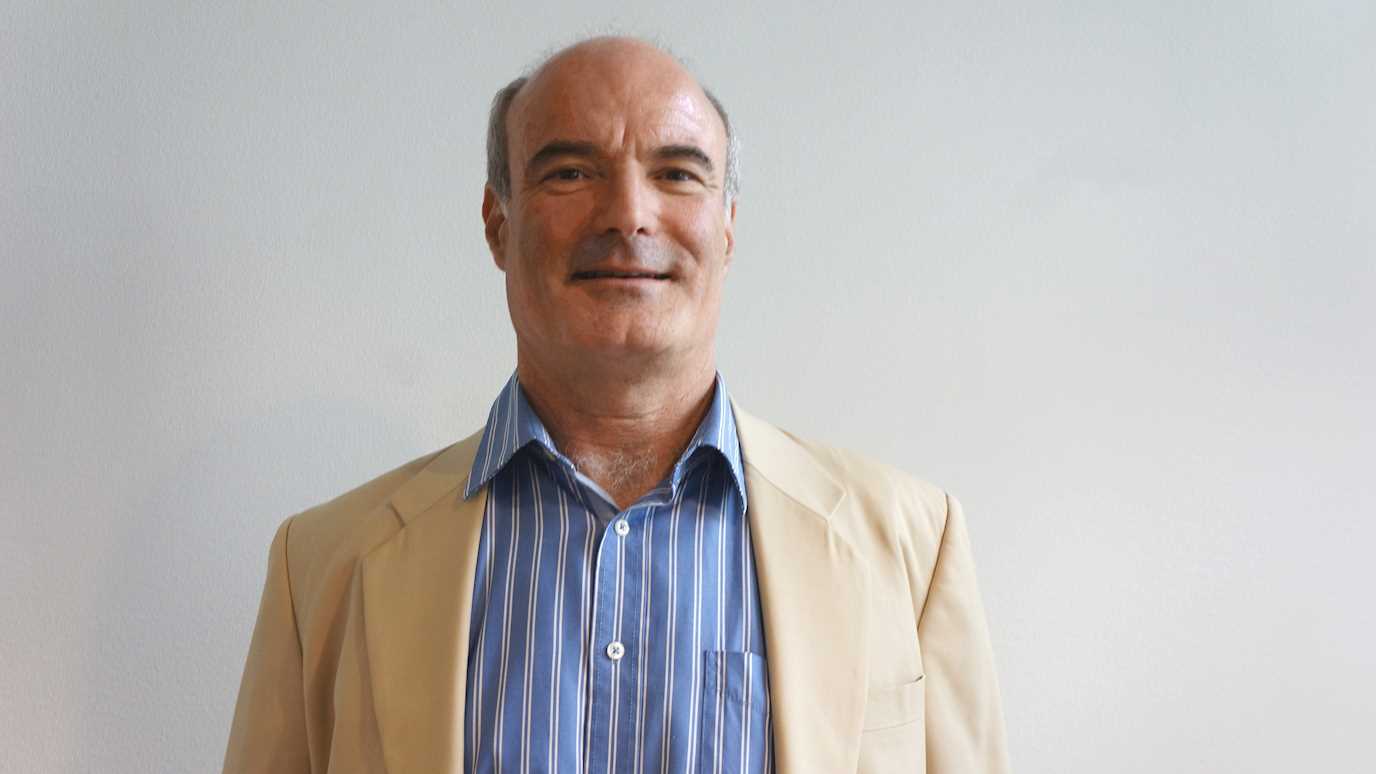Professor Paul Fraser from the School of Biological Sciences at Royal Holloway, University of London, has recently been appointed onto the Food Standard Agency’s Advisory Committee on Novel Foods and Processes.

The 3 year advisory appointment recognises the research impact and professional respect that Professor Fraser has built up over the years and will help to ensure that the FSA’s policy development and consumer advice is based on sound science and independent expert advice.
Paul Fraser is Professor of Biochemistry and Head of the Plant Molecular Sciences research group at Royal Holloway which has established considerable expertise in the production of high-value industrial and nutritional plant products.
The research group has a long-standing interest in developing and implementing new technological approaches to the generation of crop plants that address economic and societal issues. In particular, it has an important role in coordinating multiple EU programmes in this field, and this will ensure valuable contribution to the FSA novel food and processes committee based on first hand expertise in the field.
Commenting on his new role, Professor Fraser said:
“Ensuring that the correct technologies are in place to provide robust scientific data for the evaluation of novel food and process is a key aspect of this role. The appointment reflects the impact of the group’s work over a number of decades, exploring the technologies available to deliver more nutritious foodstuffs and renewable sources of industrial chemicals and pharmaceuticals.”
The appointment of Professor Fraser to the FSA committee reflects the continuity and expertise first established at Royal Holloway by Profs Peter Bramley and Wolfgang Schuch who pioneered the development and characterisation of new crop varieties with improved nutritional properties.
Currently the group is using traditional and new plant breeding technologies to generate crops that will be more nutritious and tolerant to climatic fluctuations, provide new renewable sources of valuable speciality chemicals and pharmaceuticals, as well as new food crops for developing countries to combat the double burden of malnutrition.
Underpinning these research programmes are analytical technologies such as metabolomics which provides an overview of the chemical composition of biological tissues. This will be a key technology in the evaluation of novel foods and processes. The investments in state of the art analytical equipment made by Royal Holloway will continue to promote this expertise and enable international competitiveness.
























